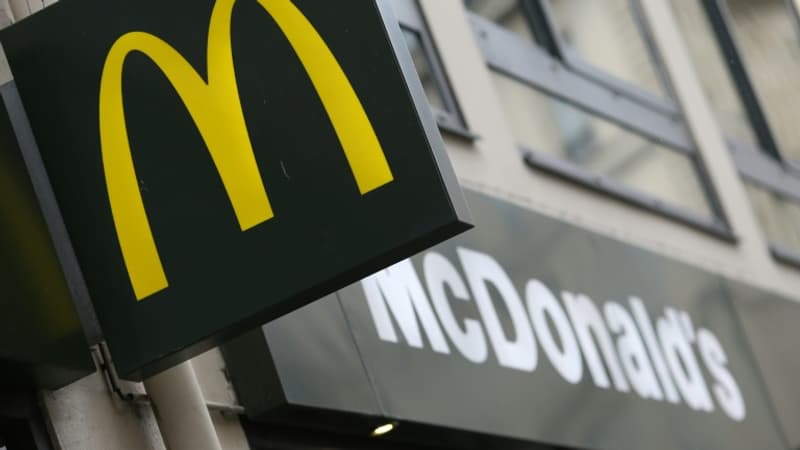Iron Curtain over the UK. The holiday that will mark the funeral of Queen Elizabeth II next Monday will be highly respected. Administrations, shops, restaurants will be exceptionally closed on September 19. Even the fast food restaurants that are usually open 365 days a year on the other side of the Channel.
McDonald’s announced on Wednesday that its 1,300 British outlets would be closed on this day of remembrance.
On Twitter, McDo specifies that his restaurants will be closed but until 5 pm So afternoon service will be well supplied.
Other chain restaurants or stores have made similar decisions. We can mention, for example, the Aldi and Lidl stores, Ikea, Primark, Tesco or the Cineworld cinemas.
a technical recession
For some clients, closing decisions are considered aberrational. This is the case of tourists who currently attend one of the six Center Parcs vacation camps in the country. The Dutch tourist group has announced to its neighbors that they will have to leave their town next Monday from 10 in the morning and not return until the next day. After an avalanche of complaints, the group had to partially reconsider its decision by authorizing clients who are in the middle of their stay to stay in their bungalow.
If certain closures can cause inconvenience to British consumers, the multiplication of these holidays is beginning to worry economists on the other side of the Channel.
Last June, the Queen’s Jubilee gave the right to two public holidays, one more than normal, which had a significant impact on the country’s GDP. Activity had thus contracted by 0.6% when in May it continued to grow (+0.4%). With the new bank holiday on Monday, this will mean two additional non-working days throughout the year. To which it may be necessary to add a third with the day of the coronation of Carlos III, whose date has not yet been set. If this day will probably not take place in 2022, it will be a public holiday as is customary in the kingdom.
For the economists at Pantheon Macroeconomics, there is no doubt that the country will experience a “technical recession”, that is, a temporary drop in GDP linked to exogenous causes.
The researcher thus expects a contraction of 0.2% of the GDP in the month of September. While some companies will catch up later, this is not the case for some of them, particularly in the catering or tourism sectors.
Unemployment at lowest level since 1974
As the country grapples with 10% inflation, the highest in 40 years, these non-working days are new clouds in Britain’s already darkened economic sky. The country has been marked by social unrest for several weeks and the Bank of England has raised its reference rates several times to curb rising prices, which could plunge the country into a deeper recession.
A gloomy picture that, however, must be put into perspective. Despite the slowdown, the country’s economy continues to create many jobs. The unemployment rate thus fell to 3.6% of the active population between May and July, its lowest level since 1974.
On the other hand, if these holidays are harmful, the British celebrations making headlines around the world could also spark a resurgence of tourist interest in the country. Of the 20,000 million euros of British tourism, it is estimated that 600 million come from the monarchy thanks to income from visits to castles and royal palaces.
It is not enough to prevent a recession, but perhaps to limit its scope.
Source: BFM TV


